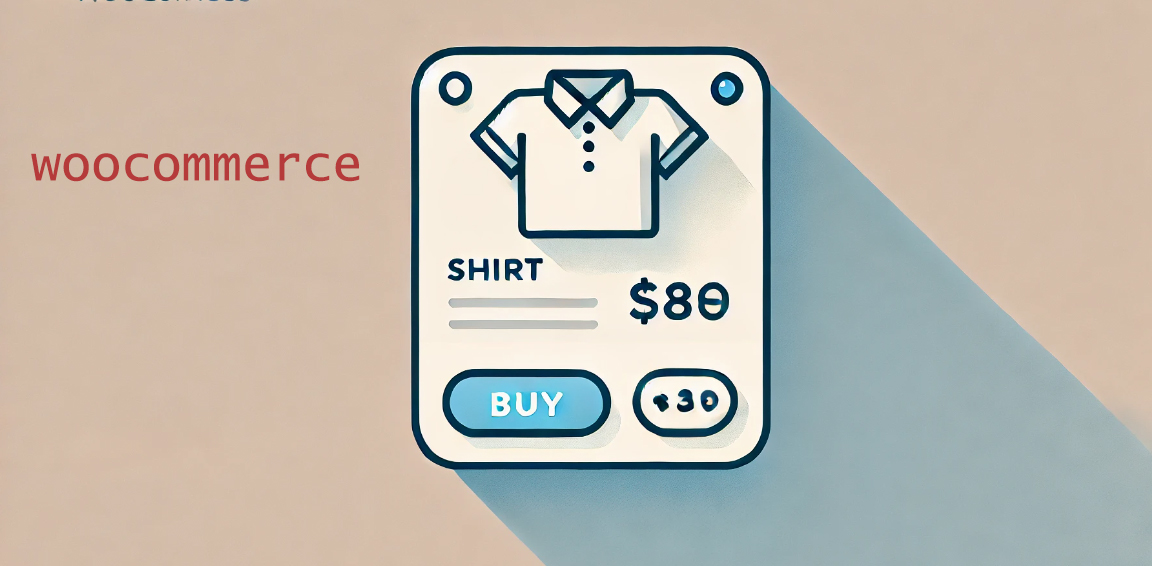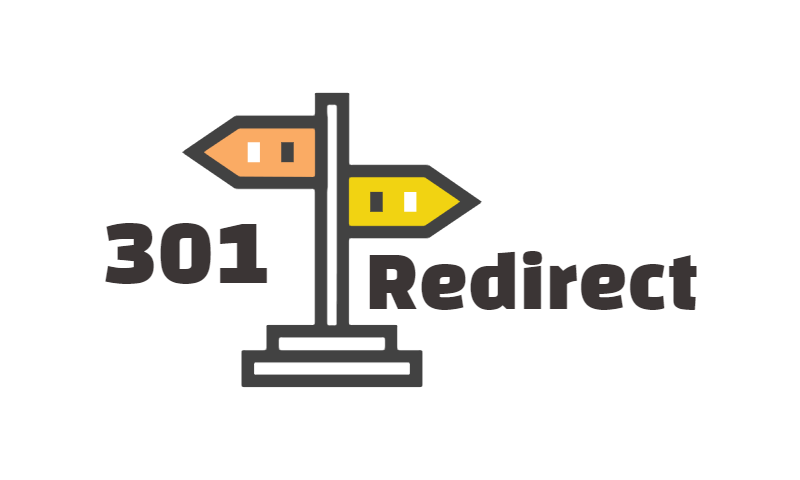anchor linkare very useful in web design. Not only do they help users quickly navigate to specific parts of a page, but they can also enhance the overall user experience and even have a positive impact on SEO. With anchor links, visitors can be guided to jump from one part of a page to another, or from one page to a specific location on a different page. In this post, we're going to go over the details of how in WordPressFour ways to add anchorsto help you better optimize your website.
![图片[1]-提升用户体验和SEO的4种WordPress锚链接添加方法-光子波动网-免费分享跨境知识和技术知识](https://www.361sale.com/wp-content/uploads/2024/08/2024083108572993.jpg)
What are anchor links? Why are they used?
Anchor links, also known as anchors, are special links that jump users from one part of the same page to another, orJump from one page to a specific location on another page. These links are typically used on long page or single page websites to help users quickly navigate to the desired content. The benefits of using anchor links include:
- Enhance the user experience: Users can easily find the information they want without having to manually scroll through pages.
- Improving SEO:: Anchor links can positively impact SEO by increasing page hits and dwell time.
- Increase conversion rates: Users are able to find relevant content quickly, reducing the likelihood of leaving the page.
Four Ways to Add Anchors in WordPress
There are multiple ways to add anchors in WordPress, and we'll detail four common methods below:Gutenberg Editor, Divi Builder,Elementor Page Builderand WPBakery Page builderThe
1. Using the Gutenberg editor to add anchors
Gutenberg is the default editor for WordPress and provides a simple and intuitive interface. Here are the steps to add anchors in WordPress using Gutenberg:
Step 1: Create headings and set anchors
- Open the Gutenberg editor in thePost or PageCreate a new title in the
- In the right column of the title settings, click "high level"Options.
![图片[2]-提升用户体验和SEO的4种WordPress锚链接添加方法-光子波动网-免费分享跨境知识和技术知识](https://www.361sale.com/wp-content/uploads/2024/08/2024083109011563.png)
- In "HTML Anchor"Enter the anchor text in the field, for example
h-test-headingThe
![图片[3]-提升用户体验和SEO的4种WordPress锚链接添加方法-光子波动网-免费分享跨境知识和技术知识](https://www.361sale.com/wp-content/uploads/2024/08/2024083109134520.png)
Step 2: Linking to an Anchor
- To write some text in a paragraph on the same page, select a word or phrase and click the link icon.
- In the link box type "#-h-test-heading", the ID of the anchor point.
![图片[4]-提升用户体验和SEO的4种WordPress锚链接添加方法-光子波动网-免费分享跨境知识和技术知识](https://www.361sale.com/wp-content/uploads/2024/08/2024083109174944.png)
Step 3: Edit the HTML code
- It can also be selected by clicking on the three dots of the block "Edit to HTML", then manually add the anchor IDs
![图片[5]-提升用户体验和SEO的4种WordPress锚链接添加方法-光子波动网-免费分享跨境知识和技术知识](https://www.361sale.com/wp-content/uploads/2024/08/2024083109182619.png)
Example: htmlCopy code
<code><p id="h-test-heading2">This way, when a user clicks on a text link, they will jump to the corresponding anchor position.
2. Using Divi Builder to add anchors
![图片[6]-提升用户体验和SEO的4种WordPress锚链接添加方法-光子波动网-免费分享跨境知识和技术知识](https://www.361sale.com/wp-content/uploads/2024/08/2024083109374592.png)
Divi Builder is a powerful page builder that provides rich design and layout options. Here's how to add anchors in Divi Builder:
Step 1: Create Anchor Points
- Open Divi Builder and in the section, row or module settings go to "high level"Tab.
- In "CSS ID"Enter your anchor ID in the field, for example
h-test-headingThe
Step 2: Linking to an Anchor
- This anchor ID can be used in any position, including menus, buttons or text links. The link format is
#h-test-headingThe
In this way, the user will jump directly to the specified page location after clicking on the link.
3. Using Elementor to add anchors
Elementor is one of the most popular page builders in WordPress with an intuitive drag and drop interface. Adding anchors with Elementor is very simple:
Step 1: Add Menu Anchor Widgets
- Open the Elementor editorweb pageSearch the left sidebar for "anchor".
![图片[7]-提升用户体验和SEO的4种WordPress锚链接添加方法-光子波动网-免费分享跨境知识和技术知识](https://www.361sale.com/wp-content/uploads/2024/08/2024083109203338.png)
- will"menu anchor" widget is dragged to the location on the page where you wish to add an anchor.
Step 2: Setting the Anchor ID
![图片[8]-提升用户体验和SEO的4种WordPress锚链接添加方法-光子波动网-免费分享跨境知识和技术知识](https://www.361sale.com/wp-content/uploads/2024/08/2024083109382958.png)
- On the left side of the "Menu Anchor ID"Enter the anchor text in the field, for example
h-test-headingThe
Step 3: Creating Links
- Use this anchor ID in any position (e.g. menu, button or text) with a link format of
#h-test-headingThe
With Elementor, it is easy to add multiple anchors to a page to enhance page navigation.
4. Using WP-Bakery Pagebuilder to add anchors
WP-Bakery Pagebuilder is another popular page builder for users who need more customization options. Here's how to add anchors in WP-Bakery Pagebuilder:
Step 1: Set the ID of the row/element
- Open WP-Bakery Pagebuilder and click the pencil icon to edit rows, columns or elements.
![图片[9]-提升用户体验和SEO的4种WordPress锚链接添加方法-光子波动网-免费分享跨境知识和技术知识](https://www.361sale.com/wp-content/uploads/2024/08/2024083109301364.png)
- In "conventional (weapons)On the "Row ID" or "Element ID" tab, find the "Row ID" or "Element ID" field and enter the anchor ID, for example
h-test-headingThe
![图片[10]-提升用户体验和SEO的4种WordPress锚链接添加方法-光子波动网-免费分享跨境知识和技术知识](https://www.361sale.com/wp-content/uploads/2024/08/2024083109305428.png)
Step 2: Creating Links
- Similar to the other methods, this anchor ID can be used anywhere on the page with a link format of
#h-test-headingThe
This method is suitable for users who need precise control over page layout and functionality.
Common Anchor Link Problems and Solutions
Sometimes, anchor links may not work properly. Here are some common errors and solutions:
- Use CSS IDs, not CSS classes: The anchor point must beUnique CSS ID, not CSS classes.
- Make sure the link has # in front of it: When linking anchors, make sure to precede the anchor text with the
#The - Make sure the anchor ID does not have #: When setting the anchor ID, do not enter the ID field in the
#The - Each anchor ID must be unique: Anchor IDs cannot be duplicated on the same page.
Tip: Adding a smooth scrolling effect to anchor links
To enhance the user experience, a smooth scrolling effect can be added to anchor links. This can be done via the "Page scroll to ID"plugin implementation, which replaces the browser's default "bound" behavior to provide a smoother scrolling experience for single-page websites.
![图片[11]-提升用户体验和SEO的4种WordPress锚链接添加方法-光子波动网-免费分享跨境知识和技术知识](https://www.361sale.com/wp-content/uploads/2024/08/2024083109411249.jpg)
summarize
The user's navigational experience on your site can be greatly improved with anchor links. Whether you useGutenberg, Divi Builder, Elementor, or WP-Bakery Pagebuilder?, all of these methods can help you to easily implement the anchor function. Mastering these techniques will not only improve your website's user experience, but also improve your SEO performance, which in turn will improve your overall website traffic and conversions.





















![表情[quantou]-光子波动网-免费分享跨境知识和技术知识](https://www.361sale.com/wp-content/themes/zibll/img/smilies/quantou.gif) Bear form works well, contact works well, seller is reliable
Bear form works well, contact works well, seller is reliable![表情[juhua]-光子波动网-免费分享跨境知识和技术知识](https://www.361sale.com/wp-content/themes/zibll/img/smilies/juhua.gif)
![表情[tiaopi]-光子波动网-免费分享跨境知识和技术知识](https://www.361sale.com/wp-content/themes/zibll/img/smilies/tiaopi.gif)
![表情[yangtuo]-光子波动网-免费分享跨境知识和技术知识](https://www.361sale.com/wp-content/themes/zibll/img/smilies/yangtuo.gif) Not much to say, kudos to the seller for being excellent
Not much to say, kudos to the seller for being excellent![表情[chi]-光子波动网-免费分享跨境知识和技术知识](https://www.361sale.com/wp-content/themes/zibll/img/smilies/chi.gif)
![表情[ciya]-光子波动网-免费分享跨境知识和技术知识](https://www.361sale.com/wp-content/themes/zibll/img/smilies/ciya.gif)
![表情[saorao]-光子波动网-免费分享跨境知识和技术知识](https://www.361sale.com/wp-content/themes/zibll/img/smilies/saorao.gif)









No comments